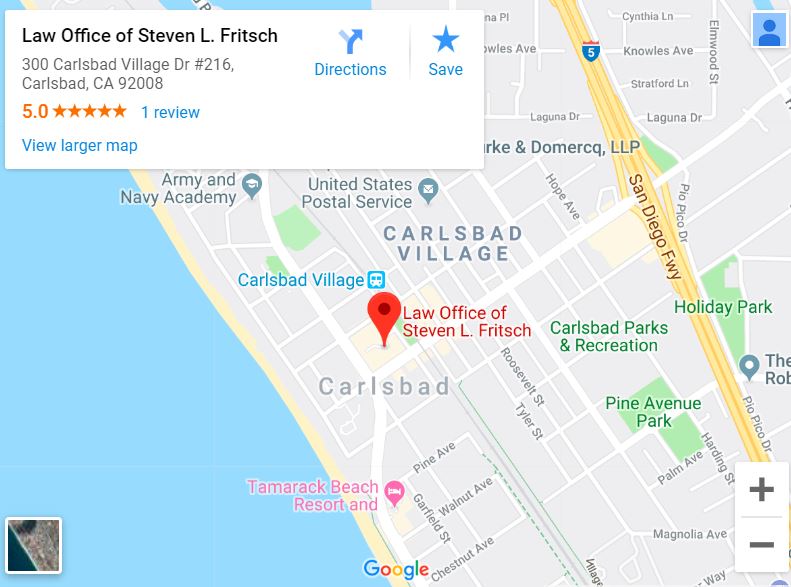Do you need a family law attorney?
Most of the issues in family law are complex and overwhelming and will impact you and your family’s future. It is important to have an attorney that has the knowledge, experience and aggressiveness to represent and guide you through these complicated issues.
Difference between paternity, divorce, legal separation or nullity?
A person files for paternity when they have a child but are not married. A divorce, legal separation or nullity is filed when the parties are married. In a legal separation the marital status is not terminated so the parties are still married. In either a divorce or legal separation, the assets and debts are divided, custody is determined and child and spousal support can be awarded. If a judgment for legal separation is ordered, the parties are still married and the parties will have to file a petition to dissolve their marriage later if they want their marital status to be returned to single. A nullity is filed when a party wants to void the marriage as if it never happened.
How long will it take to get divorced?
It takes a minimum of 6 months from the date the opposing party is served with divorce papers or makes a general appearance before a judgment for divorce can be entered. How much the parties agree or disagree on various issues affects the time it takes to get a judgment for divorce.
How does the court determine who will have child custody?
There are two types of custody: legal and physical. Legal custody is the right to make decisions about the child’s health, education and welfare. Physical custody is the actual time the parent has with the child. A parent that has the child more than 50% of the time is considered the primary custodial parent. When determining which parent(s) will have legal or physical custody and a visitation plan, the courts look at what is in the “best interests” of the child.
How is the amount child support determined?
Child support is determined by a mathematical formula called “guideline” child support. In calculating child support the court uses both parties’ incomes, how much time each party has with the children (“timeshare”), tax filing status and allowable deductions. The court also may order that both parents pay one-half of any day care expenses related to employment and one-half of any uncovered medical expenses. If one party is self-employed, determining their income is more complex as there are many factors that may increase or decrease that party’s income.
How is the amount spousal support (alimony) determined?
The court can make both temporary and permanent spousal support (alimony) orders. Temporary spousal support orders are made during the divorce proceedings. When the court makes temporary spousal support orders it can make them solely based on maintaining the status quo and may use a spousal support calculator to determine the amount. It is important that the parties’ true incomes are determined so an appropriate order is made. The permanent spousal support order or modifications made after the final support order are based on numerous factors contained in Family Code §4320 such as age, health, periods of unemployment, length of marriage, earning capacity and marital standard of living.
Can I move with our children out of San Diego during the divorce process ?
Although the primary custodial parent has presumptive right to move with the minor child, you will need a court order or written agreement from your spouse to move with the child.
Will I have to contribute to my spouse’s attorney fees or will I receive a contribution to my attorney fees?
Generally, the court looks at the spouse’s ability to pay and the other spouse’s need to determine if a spouse will have to pay the other spouse’s attorney fees. It is up to the discretion of the judge whether to order a contribution to a spouse’s attorney fees and how much the contribution will be. The court can also look to community and/or separate property assets as a source to pay attorney fees.
Why choose the Law Office of Steven L. Fritsch?
When choosing an attorney it is important that he or she has the legal knowledge of the issues, the negotiating ability to settle cases and is an experienced litigator who can articulate and argue your case effectively to the judge. Steven L. Fritsch has an excellent reputation as a family law attorney. He is aggressive when necessary, persuasive before judges, skilled in negotiation to settle your case and has the legal knowledge to understand the many complex issues that arise in family law and divorces. We will develop a plan and strategy with each client that fits your individual case. Please contact the Law Office of Steven L. Fritsch for your free consultation.

